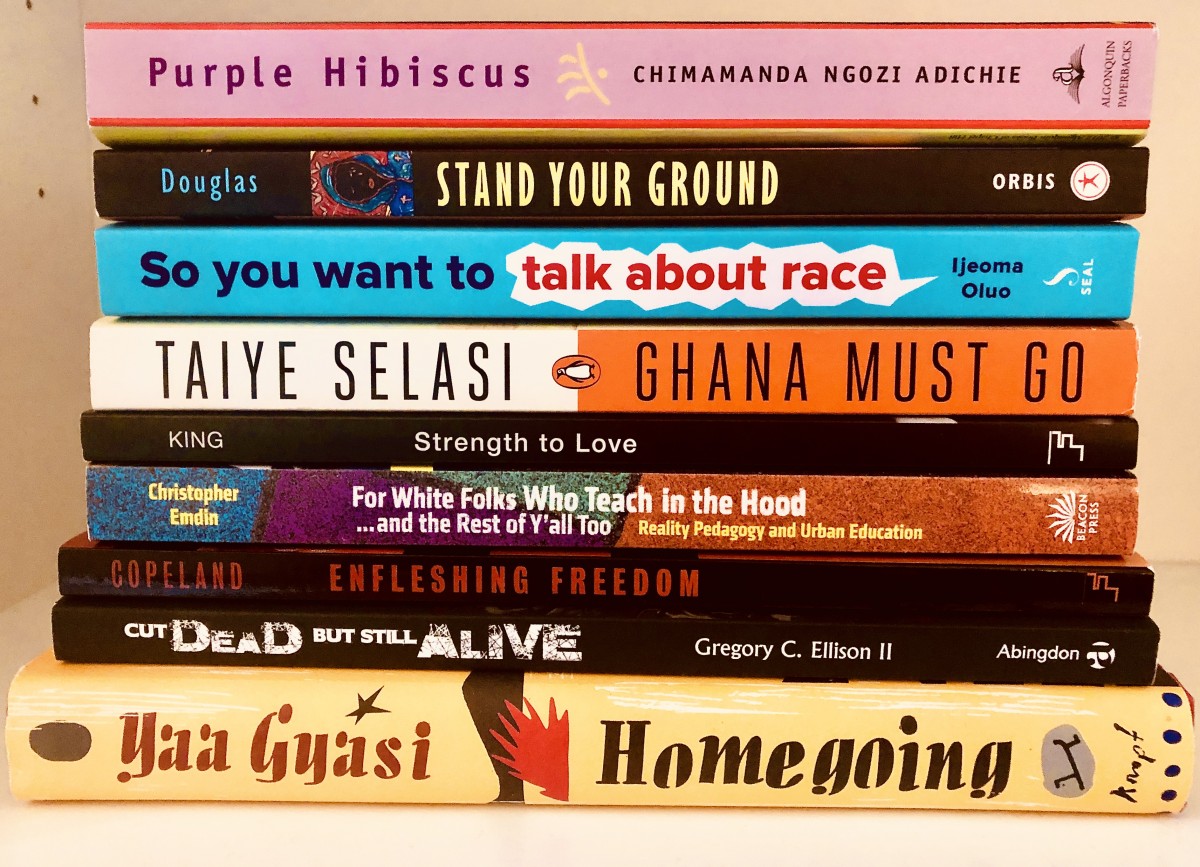by Lanae Hollingsworth
Dear Fellow White Christians (particularly from evangelical or fundamentalist backgrounds),
I hear a lot of “we have to do better.”
I find that to be an unhelpful phrase, because “better” is an ambiguous term that suggests no action. Since we have chosen year after year, decade after decade, to utter that platitude, we now find ourselves with one question before us.
Do we care?
Do we care about people different from ourselves? Do we care about women? Do we care about our BIPOC (black, indigenous, and people of color) family and friends? Do we are about our LGBTQIA+ family and friends? Do we care about the people who work in the grocery stores and pick the food? Do we care that the world is suffering metaphorical and literal fiery explosions?
Do. We. Care.
Our actions as a collective say no even as our words as a collective say yes. Most often they say, “yes, but…” Yes, but cheap food and clothes are nice. Yes, but my safety is not at stake. Yes, but those things happened before I was alive. Yes, but that requires me to learn and change my habits. Yes, but power and economics might shift out of my control.
Yes, but…
Yes, but…
It becomes clear that we are trying to appease our consciences rather than embodying the gospel, which can sometimes be very costly.
Let me offer another platitude. Actions speak louder than words—until the absence of action leaves a deafening silence in which questions rise.
Where is the church? Where are the people of God? We talk a good game, most of it straight from the Bible.[1]
- “God is love.”
- “Love your neighbor as yourself.”
- “Do unto others as you would have them do unto you.”
- “If your enemies are hungry, feed them.”
- “Do justice, love mercy, and walk humbly with your God.”
- “Let justice roll down like waters and righteousness like an ever-flowing stream.”
However, platitudes are not for the receiver; they are offered to make the giver feel better about their choices. Often, they make the receiver feel worse.
“When someone is drowning, the only thing worse than failing to throw them a life preserver is handing them a reason.”[2]
Kate Bowler in Everything Happens for a Reason
Fellow white Christians, on our good days, we hand people platitudes, so we rarely throw life preservers to people who are marginalized by our practices, which means we are hoarding life preservers. This practice, my friends, is not one that demonstrates care.
So, fellow white Christians, I ask again:
Do we care?
We care about individuals in our communities, but even then, there is a limit to our caring. I believe you, we tell our black friend when a story of profiling is reported to us, and we do believe them. Nevertheless, as BIPOC people in our country point out the constant profiling of their collective and individual lives, our response is two-fold: deny their systemic claims as they do not match our experiences and offer a platitude.
We care until it goes beyond our communities or becomes an inconvenience to our existence.
What an ironic place in which we, the Jesus-loving communities of the world, find ourselves in the third week of November 2020.
Let’s consider another platitude. WWJD—what would Jesus do? The phrasing of this mantra is problematic. Asking what Jesus “would” do provides a lot of opportunity for our voices to become that of Jesus. Instead, what if we asked, “What did Jesus do?” Faced with this question, our actions leave me to wonder if we even know what Jesus did.
In case you have not opened your Bible lately: (No shade if you have not…I open mine mostly for class.)
- Jesus spoke to women.
- Jesus fed the hungry.
- Jesus expressed righteous anger.
- Jesus led a grassroots movement of minorities.
- Jesus died for being a religious and ethnic minority.
Instead of telling ourselves that we need to do better, we should start by asking ourselves what it looks like to care about someone more than ourselves—or at least as much as ourselves. That is what Jesus taught us to do, right?
Let’s return to our question.
Do we care?
If we find that we do, we must ask a second question.
What does it look like to demonstrate care as a practice of embodying the call of Jesus to care for the oppressed rather than offering platitudes to absolve ourselves of guilt?
To demonstrate care is to…
- Listen and believe: Listen to people who share their experiences. Believe the experience they share just as you would if it were your grandmother.
- Read and research: Do not rely on other people to educate you, particularly people from oppressed communities.
- Listen and ask questions: Start by asking fellow white people who are farther on the journey.
- Change your language and your habits: Change the words you read and amplify. Change the words you use. Change where you spend your money.
- Consider your actions: Is protesting in the streets your thing? Is changing the curriculum at your church or school possible?
- Participate in civic action: Vote! Vote as if you care about people other than yourself.
While these suggestions are items individuals can do on their own, they are also actions churches can encourage or take as the body of Christ, a body of Christ that is called to care for the world and work for justice.
“I did not tell them how few of their words are needed but how much their hands are wanted.”[3]
Kate Bowler in Everything Happens for a Reason
So, fellow white people, let’s hold each other accountable to do what Jesus did: practice care.
With Concern,
Lanae, who is still learning how to do this for herself
[1] Bible translations are varied. The references for these quotes are 1 John 4:7, Leviticus 19:18, Matthew 7:11, Romans 12:20, Micah 6:8, and Amos 5:24.
[2] Bowler, Kate. Everything Happens for a Reason: And Other Lies I’ve Loved. Reprint edition. Random House, 2018, 170.
[3] Bowler, 74.
*Lentz was just fired from Hillsong “following ongoing discussions in relation to leadership issues and breaches of trust, plus a recent revelation of moral failures.” However, his words about dismantling racism in America still ring true and offer an example of what it looks like to demonstrate care.





2 Comments
Add Yours →[…] Do We Care? […]
Thank you, Lanae! I want to add another “but” that I think immobilizes so many well-intentioned white Christians (Martin Luther King argued that well-intentioned, “liberal” white Christians were as big a problem as the Bull Connors of that time – see “Letter from Birmingham City Jail” and his sermon, “Love in Action” [https://kinginstitute.stanford.edu/king-papers/documents/draft-chapter-iv-love-action]): It is a twin error. First, white Christians sometimes confuse shame with repentance or anti-racism work. If we feel badly enough about white supremacy, then we’ve “done the work.” But coupled with this mistaking shame as anti-racist work is the failure to think communally, rather than individually. Individualistic thinking reduces our anti-racism work to those things we can do individually. And addressing systemic injustice is not an individualistic project. 🙂